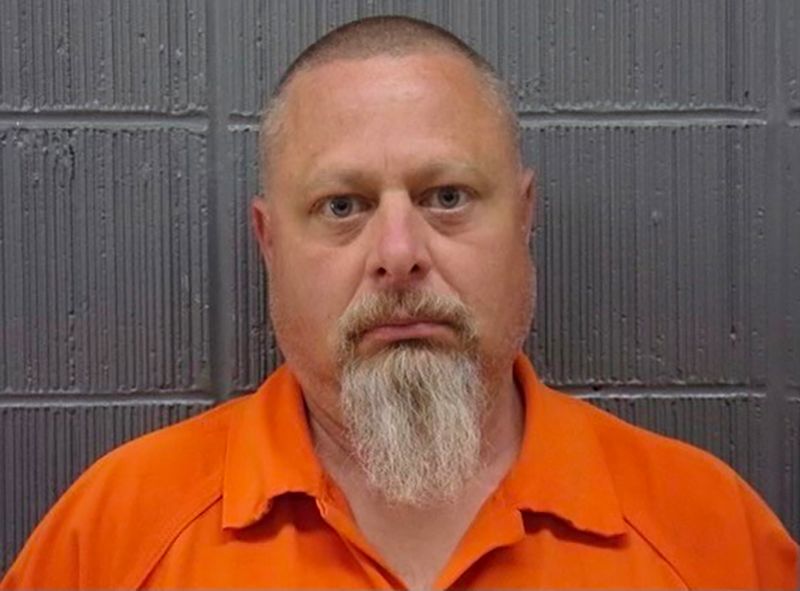The small town of Delphi, Indiana, finally received a sense of closure as 52-year-old Richard Allen was sentenced to the maximum of 130 years in prison for the chilling 2017 murders of Abigail “Abby” Williams, 13, and Liberty “Libby” German, 14.
The case, which had haunted the community for years, reached its conclusion after Allen was convicted of two counts of murder and two counts of murder with kidnapping on November 11... Continue reading here ▶
A Sentence for Justice
Allen County Superior Court Judge Fran Gull handed down the maximum sentence of 65 years for each count, to be served consecutively. The sentencing followed emotional victim impact statements from six family members of the teens.
Despite the swift two-hour hearing, Allen’s defense team announced plans to appeal the verdict, with attorney Jennifer Auger stating, “Thoughts and prayers to the families of the victims. What they went through was unimaginable.”
The Tragic Case That Shook Delphi
Abby and Libby disappeared during a hike on February 13, 2017, a day off from school. Their bodies were discovered the next day near an abandoned railroad bridge, their throats cut.
For over five years, the case remained unsolved until Allen’s arrest in October 2022. At the time, he lived and worked as a pharmacy technician in Delphi, just blocks away from the courthouse where he was later tried.
Allen’s trial faced multiple delays due to leaks, changes in legal representation, and other challenges. Despite the hurdles, a jury found him guilty based on a combination of forensic evidence and chilling admissions.
Key Evidence That Cracked the Case
One crucial breakthrough came from retired state worker Kathy Shank, who volunteered to help organize tips in the investigation. In September 2022, she uncovered a “misplaced lead sheet” from early in the case.
The sheet mentioned a man, incorrectly listed as “Richard Allen Whiteman,” who had been near the crime scene the day the girls vanished. Shank connected the dots, realizing the name was actually Richard Allen. Her discovery reignited the investigation, leading to Allen’s arrest.
Carroll County Sheriff Tony Liggett praised Shank’s diligence during a press conference, stating, “When she brought us that tip, it changed everything.”
The Case Against Richard Allen
Prosecutors argued that Allen, armed with a gun, lured the teens off the hiking trail with the intent to assault them. When his plan was disrupted, he killed them.
An unspent bullet found near the girls’ bodies matched Allen’s Sig Sauer handgun, and his voice was identified in a chilling video Libby had recorded on her phone, where a man was heard saying, “Down the hill.”
The jury also heard several confessions from Allen, including one where he told his wife, “I did it. I killed Abby and Libby.” However, the defense claimed these confessions were unreliable, pointing to Allen’s deteriorating mental health after months in solitary confinement.
A Community’s Grief and Resilience
For the residents of Delphi, a town of just 3,000 people, the sentencing brings some relief, though the pain of losing Abby and Libby remains. Prosecutor Nicholas McLeland emphasized the gravity of the crime, describing Allen as the “Bridge Guy” captured in Libby’s final video.
“There is zero doubt that justice has been served,” Sheriff Liggett declared. While Allen maintains his innocence and plans to appeal, the verdict marks a significant step in the long quest for justice for Abby, Libby, and their families.
